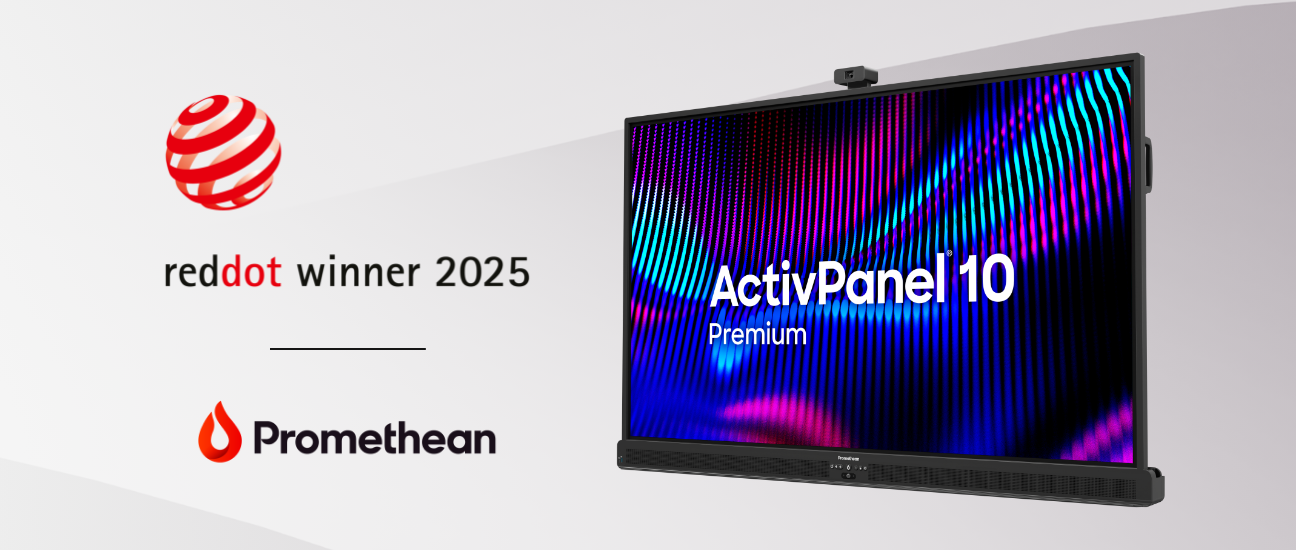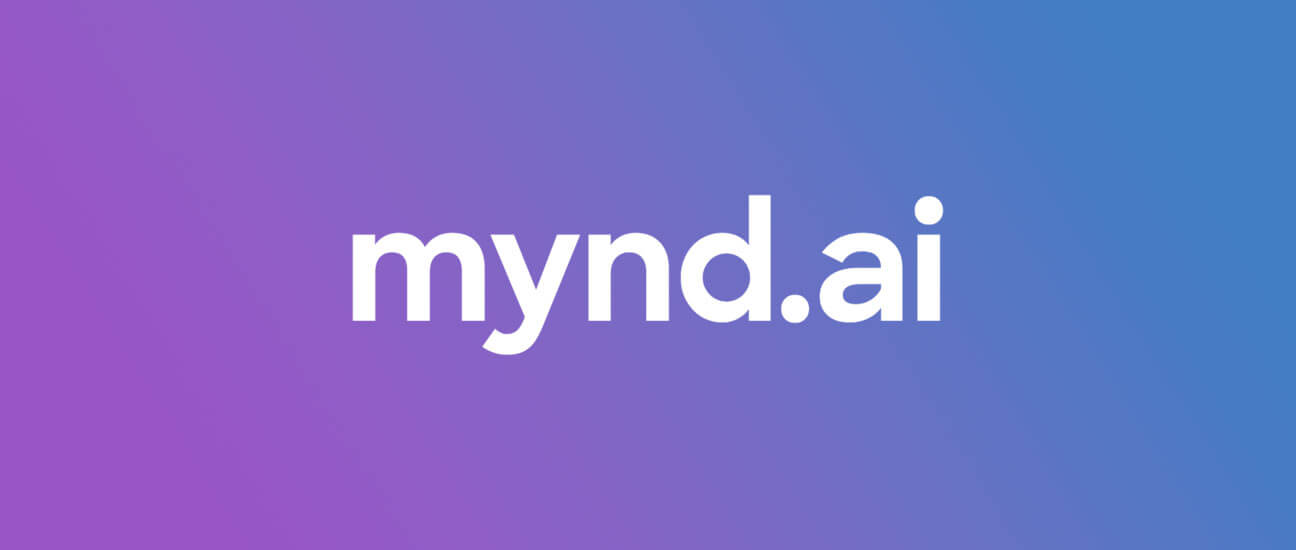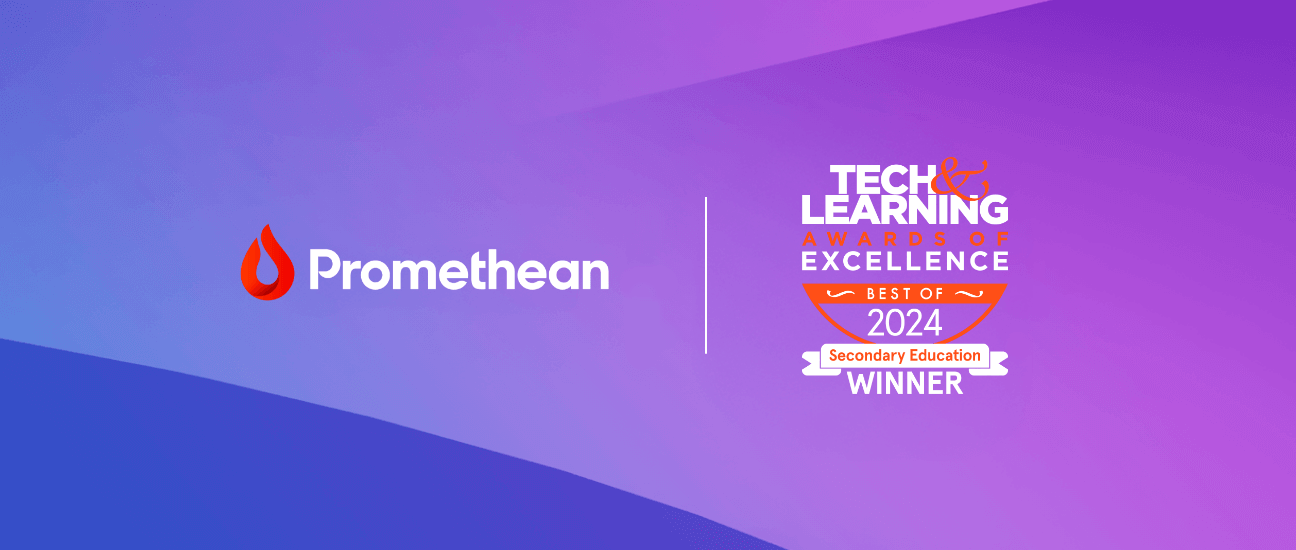Promethean Challenges Current Approaches to Teacher Professional Development at EWF 2014

Global education company, Promethean releases two new reports on Teacher Professional Development at the Education World Forum 2014, in London (19-22 January). The papers challenge current models of teacher CPD (Continuing Professional Development) and ICT Professional Development (ICT-PD), heralding a shift in the way teachers and leaders view and engage in Professional Development.
‘Planning a Teacher Professional Development Journey’ (Promethean’s Thinking Deeper White Paper No.8) puts forward the notion that Professional Development should be seen as a long-term and ongoing learning journey which marries pedagogical competence, content expertise and technological skill. The second paper, authored by Eliane Metni (Institute of Education, University of London), focuses on ICT-PD, appealing again for an investment in long-term teacher development and putting forward suggestions for a new paradigm of ICT-PD, which nurtures teachers’ adaptive expertise.
White Paper No.8: Planning a Teacher Professional Development Journey
Authored by Don Passey (Department of Educational Research, Lancaster University), ‘Planning a Teacher Professional Development Journey’ is underpinned by the perception that teaching quality is “…the most important school-related factor influencing student achievement” (Rice (2003). Passey states that existing CPD narrowly focuses on content, subject and short-term gains, suggesting that there is a need for a more sustainable and long-term approach to improving teaching practice and quality. The paper states that no framework for long-term professional development currently exists and puts forward suggestions as to what a common framework for schools may look like.
Passey outlines key characteristics for a Professional Development Journey and bases his progression framework on Dreyfus’ five stages of development. The framework outlines three core classroom approaches and suggests how these can be integrated into a development framework or ‘journey’.
The three core classroom approaches:
- Knowledge Transfer (KT)
- Knowledge Sharing (KS)
- Knowledge Community (KC)
This framework aims to move towards deeper, wider and higher level learning outcomes. Passey suggests that the effectiveness of this model can be enhanced by the use of digital technology and that CPD which focuses on ongoing practice should combine technology, pedagogy and content. The challenge now is to develop and apply a common framework for teacher progression and to build an atmosphere where the notion of a Professional Development Journey is understood, embraced and supported within schools.
Elaine Metni research paper on ICT Professional Development
Elaine Metni’s research paper also examines the importance of long-term investment in teacher development, placing ICT-PD as a key source of professional growth. Metni states that, “in order to bridge the achievement gap, the quality of teachers and professional development is key.” Her report proposes a recommendation for a new ICT-PD paradigm.
The paper asserts that digital technology has transformed society but raises concerns that its potential for transforming learning is untapped: “In spite of the wealth of transformative potential of digital technologies, in most cases the introduction of digital technologies has done little more than reinforcing traditional learning that is not adaptive to the changing digital technological world.”
The report argues that current ICT-PD focuses on a ‘how to use’ rather than a ‘how to integrate’ approach. Teacher quality is seen as a driver of change but the paper argues that more of the same ICT-PD may not improve teaching. ‘Adaptive expertise’ is highlighted as the ‘missing link’, and Metni asserts that: “ICT-PD which nurtures teachers’ adaptive expertise is critical to ensure that teachers are able to keep up with technologies and to prepare their students for a world that is increasingly relying on technological advancement”.
Based on a study of Lebanese high school teachers (2013), the paper examines ICT use in schools and explores what motivates teachers to grow professionally. Suggestions for what high quality ICT-PD should look like are put forward, with attention to three key themes:
- More attention to nurturing adaptive expertise
- A shift to pedagogical use of ICT in learning
- Greater leadership and relationship building
The paper calls for a shift towards a new paradigm that provides learner-centred approaches to Professional Development, with teachers as learners. Relationship building is vital in facilitating this and Metni sees teachers moving away from acting as routine practitioners to becoming adaptive experts who can better prepare students to face tomorrow.
Promethean’s presentation of its Teacher Professional Development reports takes place at EWF 2014. Journalists interested in further information or interviews with the authors should contact Louise Matthews on 07980 519225 or email louisematthews@technicalmarketing-pr.com
-ends-
About Promethean
Promethean is a global education company that improves learning productivity by developing, integrating and implementing innovative 21st century learning environments that make everyone more engaged, empowered, and successful. The company is headquartered in Blackburn in Lancashire, England, with U.S. headquarters in Atlanta, Georgia. For more information, please visit www.prometheanworld.com.
About The Education World Forum
The Education World Forum is the largest gathering of education and skills ministers in the world. The annual summit for national ministers of education and their immediate delegations, The Education World Forum is the internationally recognised ministerial forum for debating future practice in education and is a closed event by official invitation only.
Press Contact
Louise Matthews, Technical Marketing & PR, +44 (0) 7980 519225 / louisematthews@technicalmarketing-pr.com
©Promethean 2013. All Rights Reserved.




